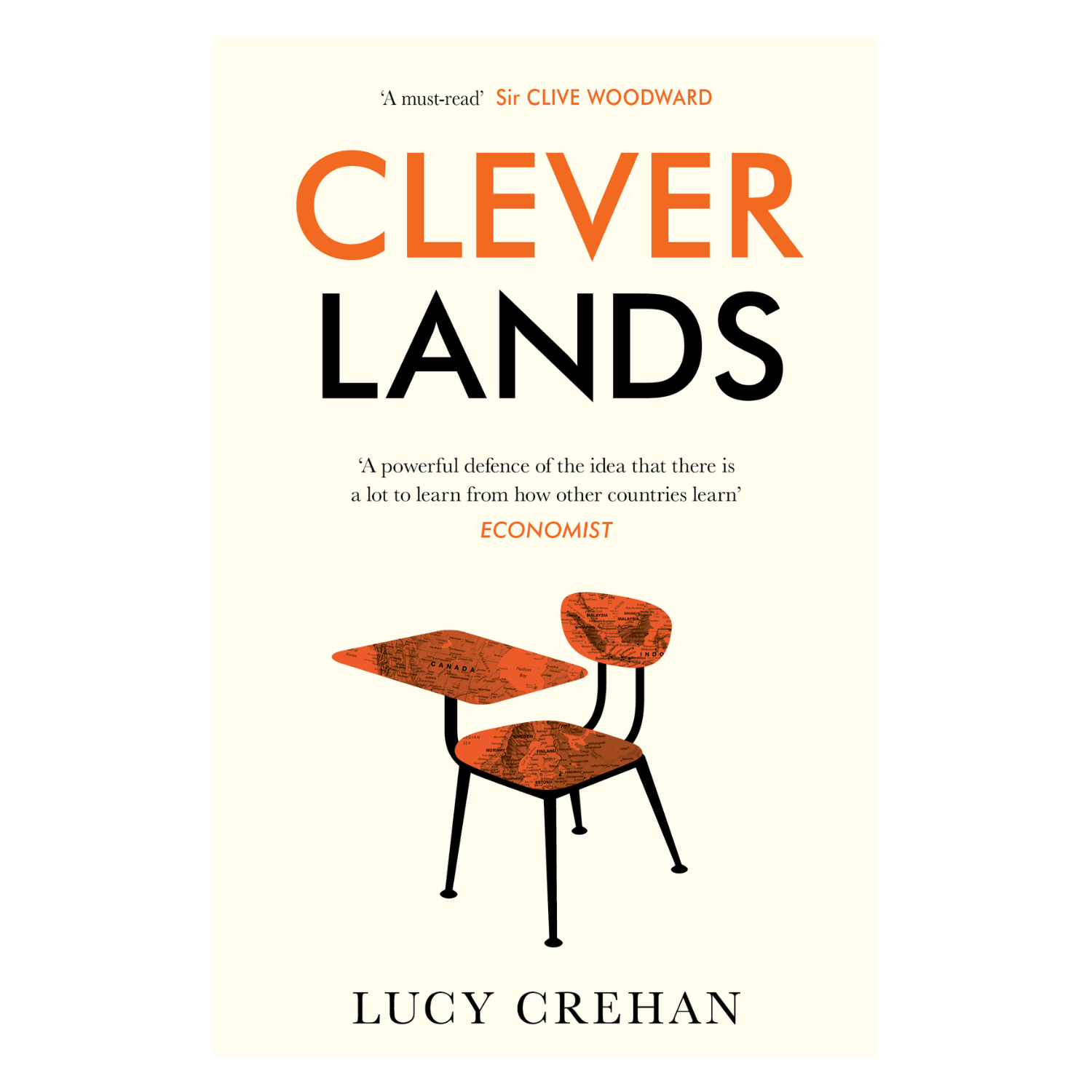
About The Book
As a teacher in an inner-city school, Lucy Crehan was exasperated with ever-changing government policy claiming to be based on lessons from ‘top-performing’ education systems. She resolved to find out what was really going on in the classrooms of countries whose teenagers ranked top in the world in reading, maths and science.
Cleverlands documents Crehan’s journey around the world, weaving together her experiences with research on policy, history, psychology and culture to offer extensive new insights into what we can learn from these countries.
Be a part of our community! 334,112 people from 207 countries have pledged £11,980,334 to fund 646 projects - and counting!
